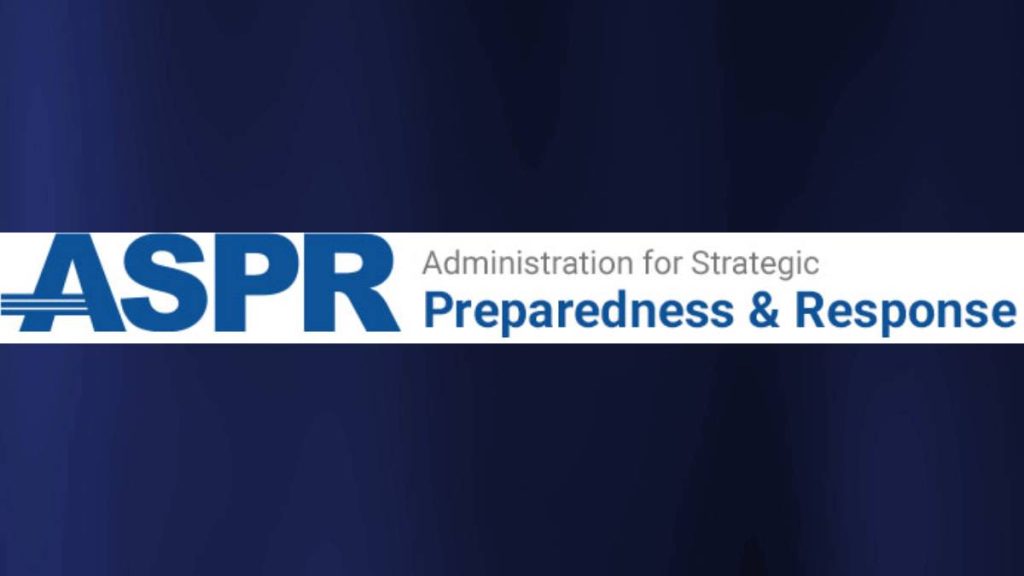$376K awarded to Hawai‘i to strengthen Medical Reserve Corps

The Administration for Strategic Preparedness and Response has announced $376,000 for Hawai‘i to strengthen the Medical Reserve Corps network – focusing on emergency preparedness, response, and health equity needs.
Funding for the first-ever Medical Reserve Corps State, Territory and Tribal Nations, Representative Organizations for Next Generation (MRC-STTRONG) grant program is from the American Rescue Plan.
The Hawai‘i Department of Health will use MRC-STTRONG funds to build preparedness and response capacity throughout the state by providing education, training, and outreach to community members. In addition, the Medical Reserve Corps network will increase capacity through volunteer recruitment and build teams based on preparedness and response focus areas.
“MRC units are a force multiplier for local emergency responses,” said Assistant Secretary for Preparedness and Response Dawn O’Connell. “The ARP-funded awards announced today will bolster response efforts in communities across the nation, building on the invaluable role that the MRC played during our fight against COVID-19.”
The competitive grant was one of 33 awarded by ASPR through the MRC-STTRONG grant program. In March 2023, ASPR first announced $50 million in American Rescue Plan funding available for states, territories, tribes, public/private partnerships, and other public entities to expand their Medical Reserve Corps network.
The Medical Reserve Corps is a national network of 300,000 volunteers organized into approximately 750 local community-based groups committed to improving local emergency response capabilities, reducing vulnerabilities, and building community preparedness and resilience.
Medical Reserve Corps units organize and use local volunteers who donate their time and expertise to prepare for and respond to emergencies and to support steady-state preparedness initiatives. They have supported emergency shelter operations and medical care during extreme weather events, organized vaccine clinics and testing sites during the COVID-19 response, provided medical support during large public gatherings, and much more.
Medical Reserve Corps volunteers also promote community preparedness to improve everyday health and reduce potential public health risks and vulnerabilities.
Sponsored Content
Comments





_1770333123096.webp)


